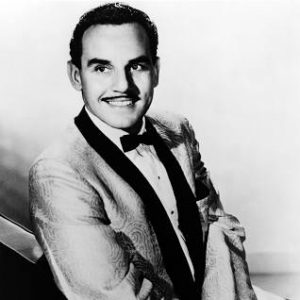Johnny Otis, son of Greek immigrants, eloped at age 19 with his childhood sweetheart of African American descent to Reno, Nevada. Interracial marriage was more accepted there. Otis later wrote, “As a kid, I decided that if our society dictated that one had to be black or white, I would be Black.”

UNSPECIFIED – JANUARY 01: Photo of Johnny OTIS; Posed. Sitting down, wearing suit and bow tie (Photo by Charlie Gillett/Redferns)
Young Johnny forged his father’s signature on a credit slip to buy his first drum kit. He played in local swing orchestras by the early 1940’s. He founded his own band in 1945, which included Charles Brown and Illinois Jacquet, and scored a hit with “Harlem Nocturne.” He opened the Barrelhouse Club in the Watts district of Los Angeles in 1947. Like its namesake club in Omaha, Nebraska, the Barrelhouse welcomed Black and white patrons as equals.
As much for his music, Otis gained fame as an advocate for Black musicians. He hustled gigs, arranged recording sessions, hosted a television show, worked as a disc jockey, and formed his own label – Ultra Records – to give Black artists a greater audience. He also had a sharp ear for discovering new talent. Etta James, “Big Mama” Thornton, and Jackie Wilson all thank Otis for their big break.
By the end of his career, Otis’s attention shifted to journalism and politics. He served as deputy chief of staff to Congressman Mervyn Dymally. His autobiography, “Upside Your Head,” was hailed as a brutally honest account of the toxic racism in the entertainment industry.
“Soundtrack to the Struggle” is hosted by Hollis Monroe. Produced by Ron Adkins. Executive Producer is Dennis Green.
Podcast (soundtrack): Play in new window | Download
Subscribe: Apple Podcasts | RSS


